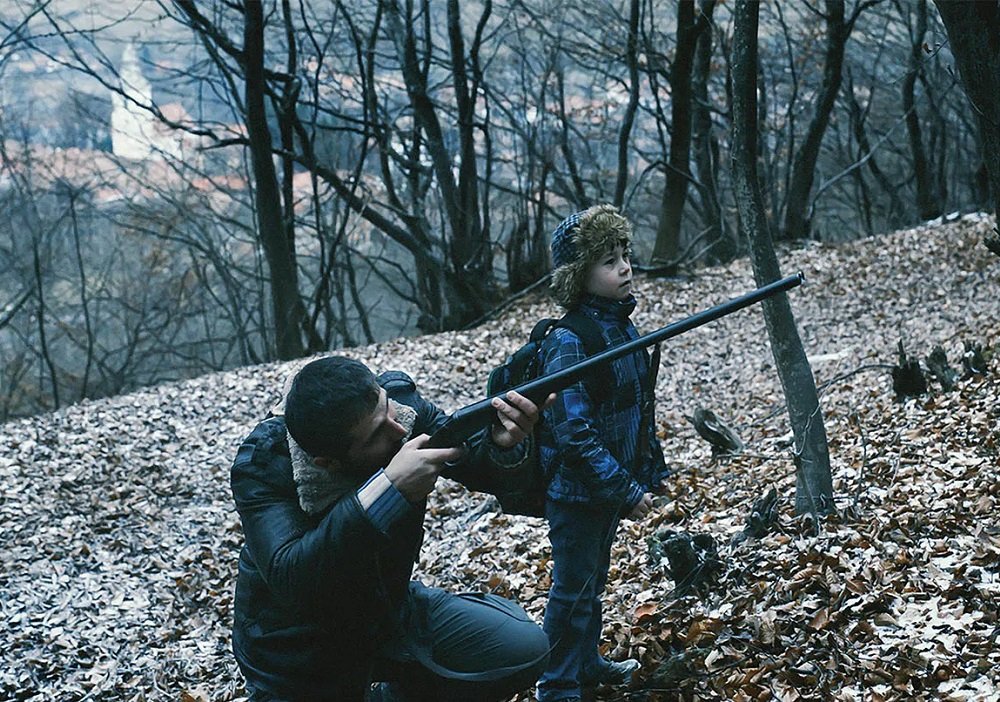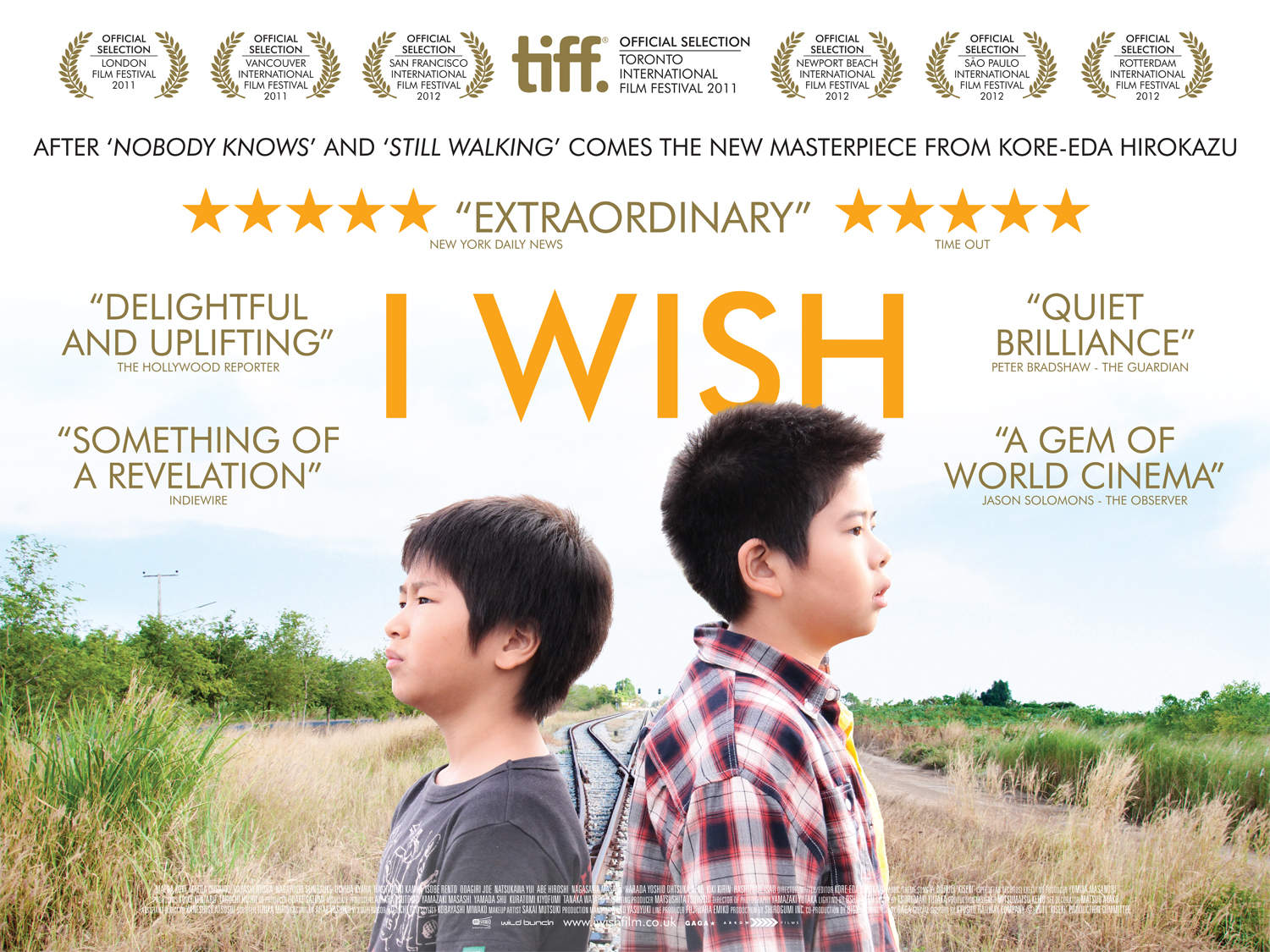This year saw a high incidence of cinematic representations addressing the politics of unbridled racism, racial discrimination, xenophobia, and related intolerance in Western societies. Rodrigo Sorogoyen’s The Beasts, Beth de Araujo’s Soft & Quiet, Michal Blasko’s Victim, and Tereza Nvotova’s Nightsiren tackle the deteriorating social order of nation and the broadening rupture in the relations between the natives and the minority immigrant population. Writer-director Cristian Mungiu’s R.M.N. is the latest entry into this cinematic repertoire that serves as a social commentary on Eastern Europe’s xenophobic prejudicial behavior characterized by extreme supremacist ideologies, virulent ethnic nationalism, and a culture of violence against minority communities.
CHECKOUT OUR COMPLETE COVERAGE OF THE 2022 INTERNATIONAL FILM FESTIVAL OF KERALA
Regarded as one of the best-known auteurs of the Romanian new wave, Mungiu brilliantly offers an incisive interrogation into the harsh social realities of his homeland. Set in a small multiethnic Transylvanian town during the holiday season of 2019-’20, R.M.N. is a fierce, efficacious, and contemplative allegory of ethnocentrism, bigotry, intolerance, and hate in Romania against the postcolonial ‘other’ despite its varied demographic amalgam of Romanians, Hungarians, and German-speakers. The slow-burn morality-driven thriller commences with a short prologue in which a young Rudi (Mark Edward Bienyesi) finds something terrifying in the woods, which strikes him into a state of post-traumatic speechlessness.

R.M.N. begins at a German slaughterhouse, far away from the snowy hamlet, as the brawny and hard-headed Matthias (Marin Grigore) bluntly quits his job by head-butting his factory supervisor for calling him a “lazy Gypsy.” Matthias hits the road back to his destitute hometown where he left his young wife Ana (Macrina Barladeanu) and found himself struggling not only to find a good job but also with his temporarily mute son, his critically ill father Papa Otto (Andrei Finti) and his desire to rekindle his romance with his Hungarian ex-lover Csilla (Judith State). When an ambitious and musically-inclined Csilla, the manager of the local bakery, along with its owner Mrs. Denes (Orsolya Moldovan), hires two diligent and polite Sri Lankan employees, Mahinda (Amitha Jayasinghe) and Alick (Gihan Edirisinghe), it sets off vitriolic racist attacks from the townsfolk first in the form of sickening racist statements in a nasty Facebook group. But soon after, it extrapolates to life-threatening violence in the form of malicious firebombing by intruders with KKK masks to drive them away to ensure ironical homogeneity.
The title, R.M.N., which may sound like an abbreviation for Romania, actually stands for “Risonanza Magnetica Nucleare” (Romanian acronym for a brain-scanning MRI). When Matthias scrolls through Papa Otto’s brain-scan images on his phone, we witness the eerie and devilish-looking growth symbolizing the hostility towards outsiders taking up residence beneath the skull as a cancer-like sickness in the old man’s brain. The metaphors utilized in the film are on the dot, and the malignant disease Papa Otto suffers from signifies the internalized bigotry and hate that will be responsible for the deterioration of Romania. This compact and symbolic psychodrama is a socially-conscious jab at the small-town mentality and ethnic-nationalist populism, which leads to mass hysteria and hateful remorse, and violence towards ethnic minorities.
Further, the film showcases in detail the rationale for the racial prejudice towards the non-white Sri Lankan workers in a trademark long take, clocking around 17 minutes that somehow juggles more than 25 speaking characters. In the single still shot of the climatic town hall meeting, the entire congregation, with the priest as a mediator, exposes and lays bare their biased feelings – a doctor argues in medical terms that the Sri Lankans have a “different viral pathology,” another woman says, “we’re fine with them if they stay in their country.” A parishioner remarks, “They can be God’s children back home.” In contrast to the white community does not take kindly to strangers, an open-minded faction led by an enlightened Csilla stood firm against the intimidation of the angry mob, clueing in on their ignorance and intolerance. The war of words between the oppositional forces is almost absurdist comedy as the casual reasoning is illogical, and they even get caught admitting their own biases. Matthias occupies a middle ground in this vicious debate to oust the outsiders, as he wants to support Csilla and his longtime bigot friends.
In addition to the social conflicts, R.M.N. cross-examines and critiques the gendered notions in a chauvinistic patriarchal Romanian society. Matthias symptomatically exhibits the qualities of a toxic, hypermasculine man who tries to avoid his son from becoming a “sissy.” He identifies masculinity with dominance and aggression and a lack of emotional expression and expressed impatience over Rudi’s reluctance to kill animals and go alone through the woods. The strained father-son relationship resulting from Rudi’s apprehension of the woods and his resistance to manhood is overcome when Matthias finds something lurking within the snowy and drowsy mountain landscape. Csilla, who is framed as a progressive and liberal, serves as a contrast to a feminine and domestic Ana. Csilla’s character is distinctive and diverges from the townfolk as she listens to “Yumeji’s Theme” from In the Mood For Love obsessively, plays the cello while drinking wine, and establishes friendly relations with the Sri Lankan workers and French researcher who has come to keep track of the local bear population for an NGO.
Cristian Mungiu, renowned for his Palme d’Or-winning 4 Months, 3 Weeks, and 2 Days (2007), Beyond the Hills (2012), and Graduation (2016), returns to the big screen after a 6-year absence with the highly-charged small-town drama premiered at the Cannes Film Festival. Mungiu’s envisioning has a rare charm as it establishes the history of the land and its cultural variety, offers a cross-section of racism and xenophobia, and anticipates the ominous future of compassion deficit in Eastern Europe. The film transcends its predictability in the creepy and strange final act contradicting the vicious beliefs of the local population. Tudor Vladimir Panduru’s camera captures the ethnic conflict with a steady camera showing the still and slumber state from which they have to move forward.
R.M.N., with its resolute and compelling performances and crisp and chiller social commentary on cultural anxiety, reveals a heartless cynicism about the world with its social-realist strains. It is a striking, absorbing, and universal moral drama that echoes in countries all over the world, indisputably in these troubling times of refugee crisis and immigrant issues. The film successfully fulfills its intentions and holds a mirror for the intolerant society. It implores a social transformation where humanity transforms ourselves for the better, or else a nightmarish age of violence and evil will ensue from which there will be no escape.



![Bruised [2021] Netflix Review: Sports Drama neither works as sports film nor a drama](https://79468c92.delivery.rocketcdn.me/wp-content/uploads/2021/11/Bruised-2021-768x432.jpg)


![The Daughter [2022] ‘MAMI’ Review: A Chilling, Powerful Portrait of Death and Closure in Modern Socio-political landscape](https://79468c92.delivery.rocketcdn.me/wp-content/uploads/2022/03/The-Daughter-3-768x324.png)

